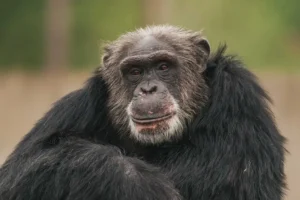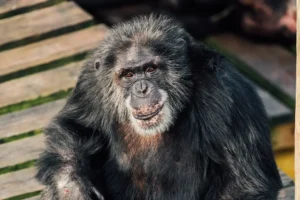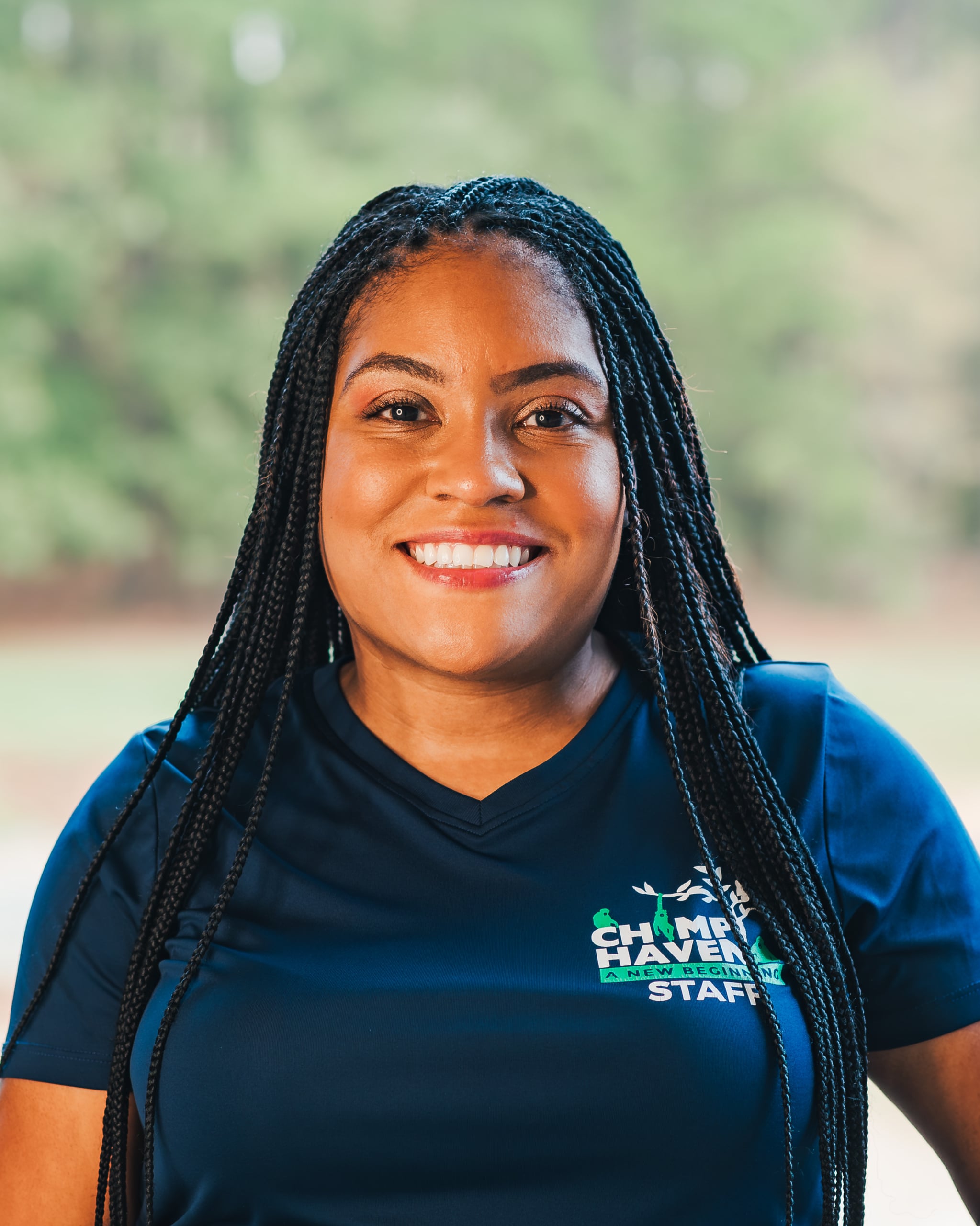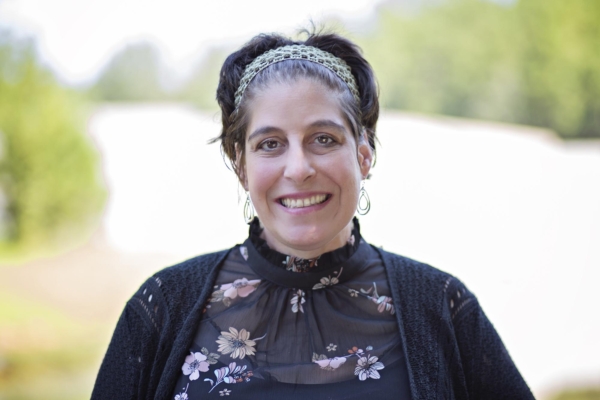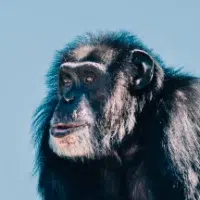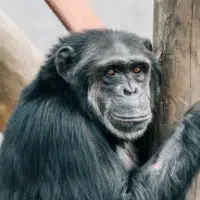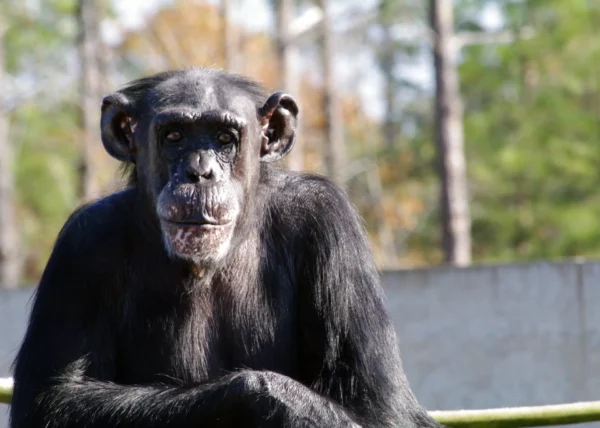
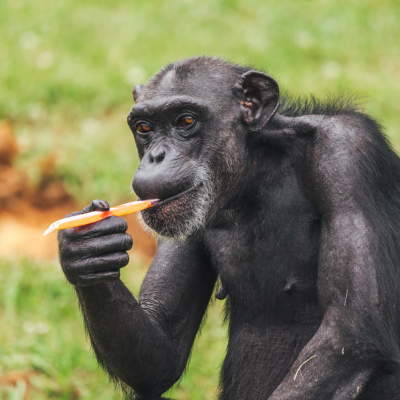
All gifts matched this July!
Help stock the sanctuary for the summer – all donations are doubled! (Up to $15,000)
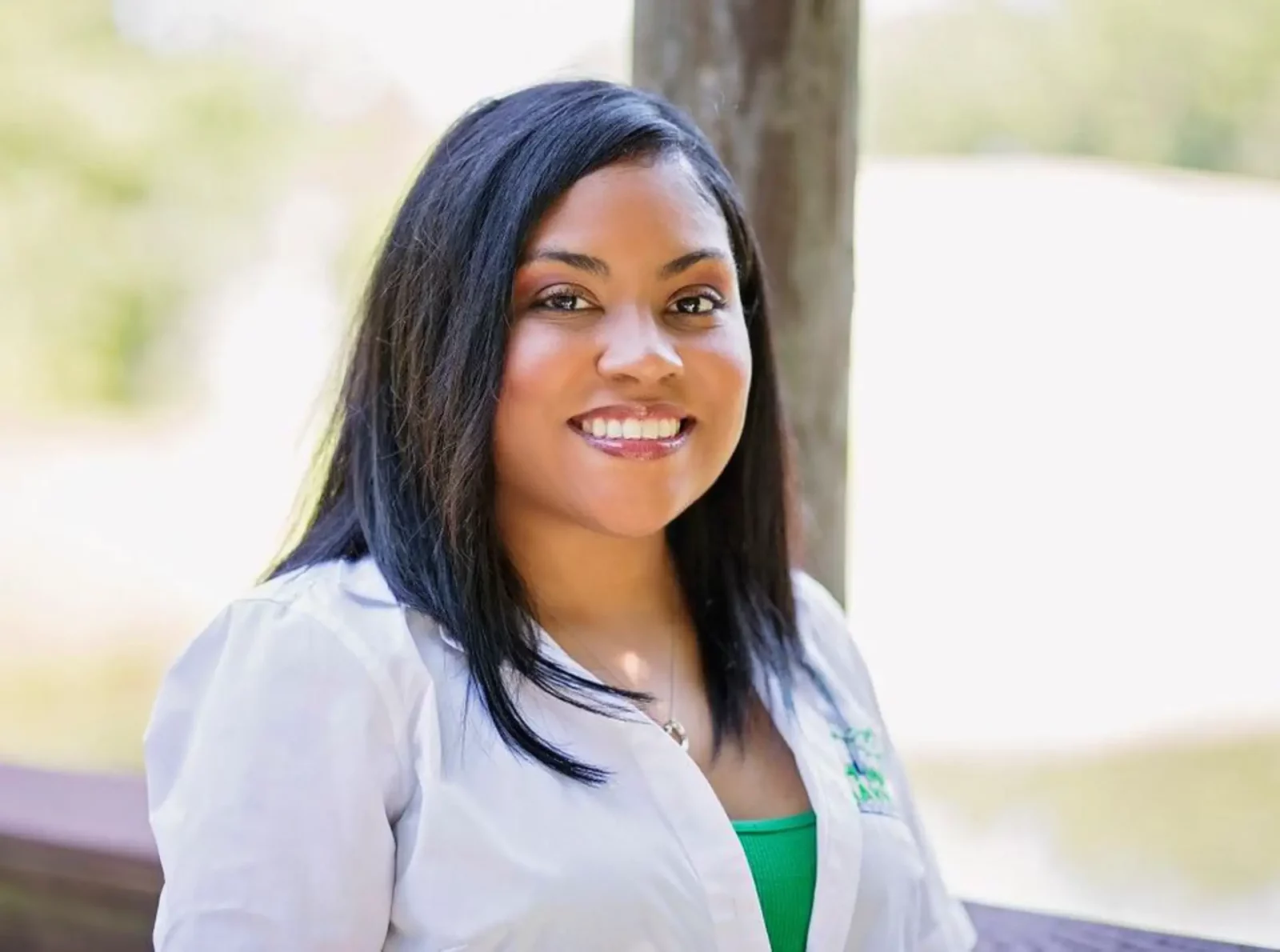
As many of our STEM colleagues hold important conversations around diversity and inclusion in our fields, we want to share an important perspective from Dr. Raven Jackson-Jewett, Attending Veterinarian and Director of Veterinary Care at Chimp Haven. Since 2010, Dr. J has worked tirelessly to keep the sanctuary’s 300 chimpanzee retirees healthy and thriving by leading the veterinary programs at Chimp Haven. In 2018, she spoke with Forbes about the chronic lack of diversity in veterinary medicine and her journey to overcome those odds. (You can read that article here.)
Recent events in our country have been difficult and traumatic for many, but also offer a glimmer of hope, promise, and change. As all of us look for ways to take action, we must also examine the way our professional communities and workplaces can better support diversity and minority colleagues in their fields.
The field of biomedical sciences has not lived up to its own standards of diversity and inclusion. The number of Black students enrolled in biomedical PhD programs in the U.S. has remained roughly flat, rising only from six percent to seven percent in the 2006 – 2016 period, and the number in postdoctoral fellowships is smaller still.
We have an enormous ethical obligation to stop doing “business as usual” and create a just, equitable and inclusive STEM field. I believe that must begin with a non-biased evaluation of educational disparities.
Ethnic and racial disparities in education follow a statistical pattern in which African-American, American Indian, Latino and Southeast Asian groups underperform academically relative to Caucasians and other Asian-Americans. These educational disparities are evident early in childhood and persist through K-12, and are also reflected in the student populations involved in gifted and talented programs and enrollment in higher education, such as STEM.
The organization of schools and the ways students are engaged in their learning are critically important for academic achievement across ethnic and racial groups. I am convinced that the answer for the future lies within us. We should advocate for wider access to high quality early childhood education programs, which have been shown to help redress disparities associated with poverty in early childhood.
As a black, female veterinarian I cannot overlook that I am one of less than ten percent of minorities in what has been coined the “whitest profession” in America. I have become accustomed to being the only professional of color in the room, or one of a select few.
As a profession, we are falling short in the area of diversity. Unfortunately, this cycle is likely to repeat itself until academic institutions become committed to ending discrimination at the acceptance level.
I am a graduate of Tuskegee University College of Veterinary Medicine (TUCVM), which is the only veterinary medical professional program located on the campus of a historically black college or university (HBCU) in the United States. TUCVM has educated more than 70 percent of the nation’s African-American veterinarians, and is recognized as the most diverse of all 30 schools or colleges of veterinary medicine in the U.S. That in itself speaks volumes.
Many might assume these sorts of obstacles are diminished or eliminated upon completion of advanced veterinary training and entry into the medical field. Unfortunately, that assumption is not correct.
As a minority, I have had to learn how to navigate the intertwined barriers of race and gender. Within my leadership role, I often have to code-switch, which involves embracing the dominant culture or vernacular among certain groups (like co-workers, for example) and switching to a more authentic self around friends and family in order to avoid being labeled with oppressive stereotypes. These stereotypes – being seen as loud, angry, and aggressive, for example – are traditionally applied to Black people, but more specifically women of color.
The experience of code-switching is not unique to me, but something that of many other minority colleagues deal with, not only within veterinary medicine and STEM, but across all career paths. Unfortunately, these stereotypes often result in minorities feeling the need to over-perform in the workplace, creating a mental strain from trying to live up to a professional identity defined by mainstream culture rather than having our professional environments support diversity.
All of these stressors bring me to a much larger area of concern within the veterinary profession – mental wellness.
In recent years there has been increased focus on the mental health of veterinary students and veterinarians due to the disproportionate rate of suicide among this population. Compassion fatigue, burnout, and stressful workloads all take their toll, as they do in many medical fields. When you add these chronic forms of stress to the additional challenges that minorities face in any workplace, it’s easy to understand how one can spiral into a precarious mental state.
As a society, as a government, as corporations and organizations, and as individuals, we have an obligation to address deeply-rooted problems of racism and bias in our academic institutions and places of employment. Authentic conversations regarding racism and diversity initiatives – followed by real action and implementation – are a step in the right direction for the wellbeing and betterment of all of our STEM fields.
Once we are committed to doing better, we will do better.


